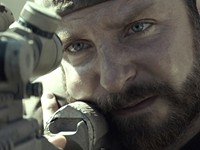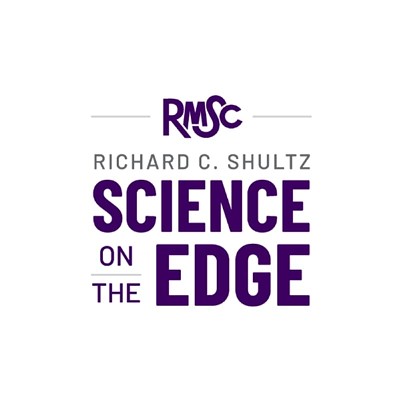[
{
"name": "500x250 Ad",
"insertPoint": "5",
"component": "15667920",
"parentWrapperClass": "",
"requiredCountToDisplay": "1"
}
]
Like it or not, popular film, like other popular arts, often reflects important currents and significant truths appropriate to its time and place, providing a telling commentary on its cultural context. All those familiar summer blockbusters, for example, suggest some not entirely inspiring notions about the movie-going public's demand for the constant bombardment of sound and spectacle that rattles the cineplexes all over this great nation. Occasionally, however, a relatively modest, straightforward shocker like "The Purge" articulates some disturbing concepts within its simple situation and events.
Set in the foreseeable future of 2022, the movie, a combination of thriller, horror, and science fiction, outlines a reasonably plausible circumstance, the notion that the federal government, under the direction of a body the media in the picture call "the new founding fathers," celebrates an annual Purge Day, 12 hours when the good folk of this nation can release a year's worth of pent-up rage and frustration in any way they choose, with no interference from law enforcement, firefighters, or medical personnel. As grainy video footage shows, the policy creates a night of extreme violence, with armed citizens, usually in groups, attacking any victim they find with their allowed weapons, including baseball bats, axes, machetes, shotguns, submachine guns, and so on (apparently no bazookas are permitted).
The movie focuses on James Sandin (Ethan Hawke), a most successful salesman of home-security systems, a necessity for those who can afford them, who settles into his gated mansion in an upscale neighborhood with his family to sit out Purge Night in safety, watching the mayhem on TV. The nuclear family suffers from a few problems — Sandin's petulant teenage daughter Zoey (Adelaide Kane) is dating an unsuitable young man and his thoughtful, sensitive son Charlie (Max Burkholder) questions the whole notion of the Purge and a career built on it. Sandin explains that the Purge actually diminishes crime, because the people who can afford weapons and defenses vent their anger against the underclass — the homeless, minorities, people roaming the streets who might commit criminal acts and who therefore somehow deserve to be punished or even eliminated.
That theory works out in reality when Charlie opens one of their steel doors to allow a wounded black man fleeing from a mob (Edwin Hodge) into the home. An armed crew of crazies, led by a slick-talking young man (Rhys Wakefield) shows up, politely requesting the return of the victim — he calls him a swine — so that he and his friends can finish him off. Otherwise, they will demolish the security system and punish the whole Sandin family.
The family's dilemma in a perverse way recalls those wonderful days of the Cold War, when people debated the ethics of excluding neighbors from their backyard bomb shelters. Torn between sacrificing an innocent man and withstanding an assault from armed strangers, they argue desperately about a solution. The situation also underlines the class system, which the script frequently emphasizes, in which the rich and privileged own weaponry and dwell in safety, while the rest of the populace remains vulnerable, deserving attack from the upper classes, a kind of social Darwinism run amok. (In a nice touch, Rhys Wakefield dresses like the Platonic ideal of a preppie and speaks in a boarding-school accent).
The compact script and sensible length of "The Purge" contrast favorably with the overblown blockbusters and witless comedies currently clogging up the theaters. Its quick cuts from numerous close-ups and simultaneous actions maintain both tension and a sense of character — the actors reveal their feelings as much through expression and gesture as through speech. The low camera placements and subjective point-of-view shots bring the audience fully into the highly fraught situation, emphasizing the family's fear and confusion.
The film moves efficiently, never allowing the ethical problems to interfere with the rapid tempo and startling violence of the action. It also provides a number of twists and shocks that actually shouldn't surprise, since they rise naturally from the situation and the people. When some characters participate in a quasi-religious ceremony to celebrate their actions, it eerily suggests a kind of organic development from contemporary right-wing politics and belief to the meanings of the Purge. Is this a great country or what?
Speaking of...
Latest in Movie Reviews
More by George Grella
-

Film Review: "Cake"
Jan 26, 2015 -

Film Review: "American Sniper"
Jan 19, 2015 -

Film Review: "Inherent Vice"
Jan 12, 2015 - More »









